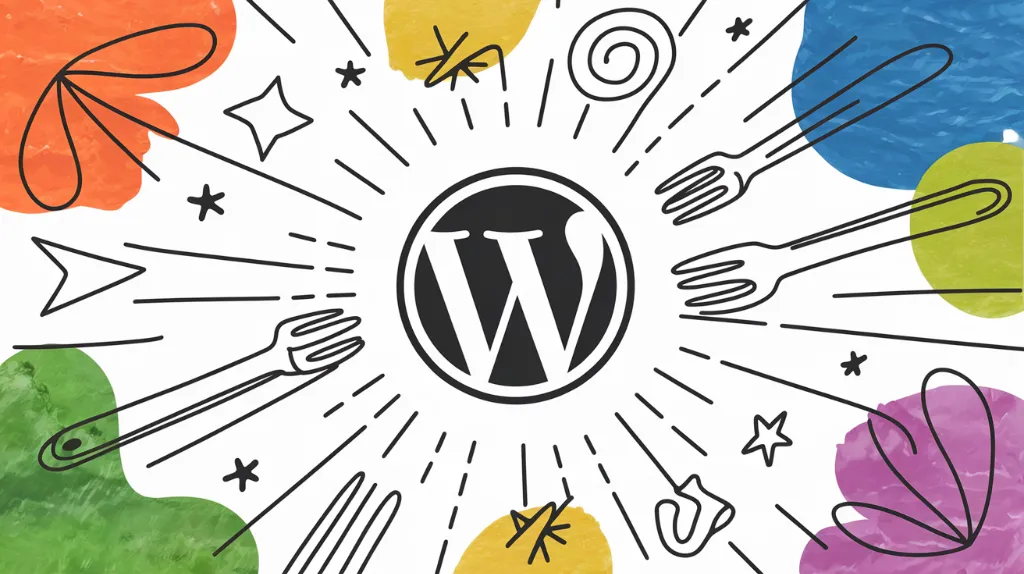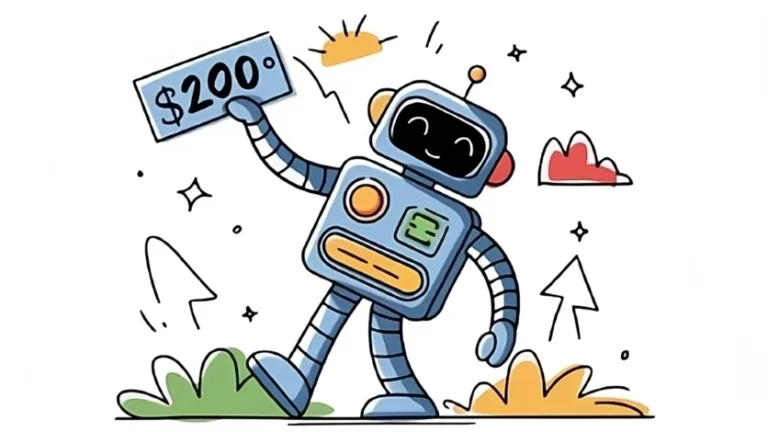The WordPress community is buzzing with questions about leadership, independence, and the future of the platform. Recent controversies surrounding WordPress leadership have left many wondering if WP Engine, one of the major players in the WordPress ecosystem, should fork the platform to create a secure, independent alternative. Here, I’ll share my thoughts, experiences, and ideas on the matter. Spoiler: It’s complicated.
What Does “Forking WordPress” Even Mean?
In open-source terms, forking means creating an independent version of the software by copying its source code. Since WordPress is open-source, anyone can fork it. The forked version would still be based on WordPress but could evolve in its own direction, free from the influence and leadership of its founders.
But this isn’t as simple as it sounds. Forking WordPress isn’t just about copying the code. It’s about maintaining a massive ecosystem, from plugins and themes to the millions of users who depend on the platform. Could WP Engine pull this off? Possibly. Should they? Let’s dig deeper.
Why Are People Losing Faith in WordPress Leadership?
The frustration with WordPress leadership largely stems from concerns about governance and priorities. Many feel that Automattic’s commercial interests have skewed WordPress development. For example:
- Gutenberg and Full-Site Editing: These features have dominated recent development, sidelining other community-driven priorities. While they help WordPress.com compete with platforms like Wix and Squarespace, they’re often criticized for being unintuitive and underwhelming.
- Conflict of Interest: Automattic’s dual role as both a major contributor to WordPress and a business competitor in hosting and premium services raises questions about impartiality.
- Matt’s Leadership Style: Matt Mullenweg’s handling of community feedback has been divisive. Decisions like selectively blocking access to the WordPress.org repository have alienated parts of the community.
These issues have eroded trust. Many users and developers now wonder if WordPress needs an entirely new direction, one that prioritizes transparency and community governance.
Could WP Engine Successfully Fork WordPress?
Technically, yes. WP Engine has the resources, expertise, and market presence to make it happen. They’ve already demonstrated their ability to create tools and environments tailored to WordPress users. However, there are significant challenges:
1. Compatibility and Ecosystem
One major hurdle would be ensuring compatibility with existing WordPress plugins and themes. Without seamless integration, a fork would struggle to attract users and developers.
2. Community Buy-In
A successful fork would require broad support from developers, hosting providers, and users. WP Engine is respected but not universally loved. Many worry they’d prioritize profits over open-source principles, potentially locking features behind paywalls.
3. Governance and Funding
For the fork to thrive, it would need a robust governance model, ideally a foundation representing diverse stakeholders. This would help avoid repeating WordPress’s current issues. Funding would also be crucial. Maintaining a platform of this scale isn’t cheap.
Would Forking Split the Community?
Absolutely. A fork could create confusion and fragmentation within the WordPress ecosystem. Consider this:
- Plugin and Theme Developers: They’d face pressure to support both WordPress and the fork, increasing their workload.
- Users: Businesses and individuals would need to choose between platforms, leading to potential compatibility nightmares.
- Community Resources: Events, forums, and educational content would also become divided.
This fragmentation could weaken the overall ecosystem, making both WordPress and its fork less competitive.
What Are the Alternatives?
If forking isn’t the answer, what is? Here are some possibilities:
1. A New Non-Profit Foundation
Many argue for a foundation, similar to the Linux Foundation, to oversee WordPress development. This could:
- Ensure balanced governance.
- Pool resources from major stakeholders.
- Prioritize community needs over corporate interests.
2. Decentralized Repositories
One practical step could be mirroring WordPress.org’s repositories. This would reduce reliance on a single chokepoint controlled by Automattic, increasing transparency and resilience.
3. Improving the Current System
While it’s easy to criticize, WordPress has thrived under its current model for decades. Perhaps the focus should be on incremental improvements: more community involvement, better governance structures, and clearer separation of Automattic’s roles.
My Take: Should WP Engine Fork WordPress?
Personally, I’m torn. On one hand, a WP Engine-led fork could bring fresh energy and focus to the platform. On the other hand, it’s risky. The potential for fragmentation and loss of trust is high.
Instead, I’d prefer to see a collaborative effort. What if WP Engine partnered with other major players to create a new governance model? Imagine a foundation where decisions are made collectively, funding is shared, and the community’s voice truly matters. That, to me, seems like the best path forward.
Final Thoughts
WordPress has always been more than just software. It’s a community. While the current leadership struggles are frustrating, they’re also an opportunity for growth and change. Whether through a fork, a foundation, or better governance, the goal should be to preserve what makes WordPress special: its openness, flexibility, and vibrant ecosystem.
What do you think? Should WP Engine take the leap? Or is there a better way to secure WordPress’s future?







